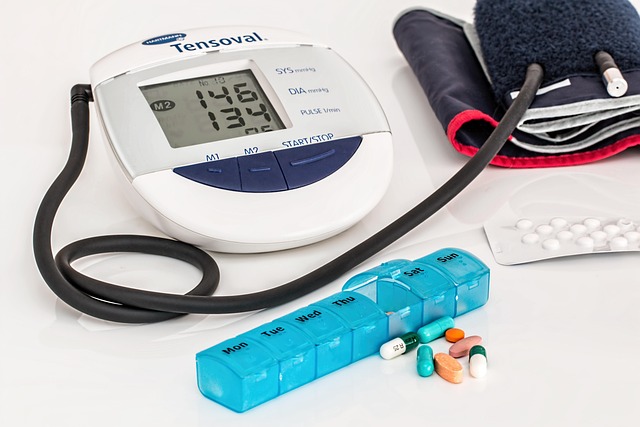The healthcare landscape is undergoing a radical transformation thanks to data-driven healthcare services that utilize the power of artificial intelligence (AI). With each passing day, technological and health innovations driven by AI are reshaping the way we approach medical care, making it more personalized, efficient, and effective.
At the heart of this revolution lies the capability of AI to process vast amounts of data at unprecedented speeds. Traditional healthcare models often relied on anecdotal evidence or minimal data analysis, leading to generalized treatment plans that didn’t cater to individual patient needs. However, data-driven healthcare services are now enabling providers to harness detailed patient histories, genetic information, and even lifestyle choices, creating a comprehensive view of a patient’s health. This shift not only enhances diagnosis accuracy but also empowers healthcare professionals to tailor treatment plans that resonate with each patient’s unique circumstances.
One of the standout technological innovations in this space is the development of predictive analytics. By leveraging machine learning algorithms, healthcare organizations can predict patient outcomes, identify high-risk patients, and intervene before issues escalate. For example, AI-enabled systems can analyze patterns in patient data to foresee potential complications in conditions like diabetes or cardiovascular diseases. This proactive approach not only saves lives but also reduces healthcare costs, as early intervention often leads to better health outcomes.
Moreover, another significant aspect of data-driven healthcare services is the integration of wearable technology. Devices such as smartwatches and fitness trackers are not just trendy gadgets; they are vital tools for continuous health monitoring. By collecting real-time data on heart rate, sleep patterns, and physical activity, these devices feed information back into healthcare systems that can flag anomalies and prompt timely medical advice. This fusion of technology and health is creating a more dynamic and responsive healthcare system.
AI is not just enhancing existing healthcare services but also unlocking new avenues for treatment and prevention. Take the example of drug discovery. Traditionally a lengthy and costly process, AI is now streamlining this journey, using data analytics to identify potential drug candidates much faster than ever before. By sifting through existing research, clinical data, and biological databases, AI can predict which compounds are likely to succeed in trials, thus accelerating the availability of new treatments to patients.
Additionally, telehealth solutions fueled by AI are breaking geographical barriers in accessing healthcare services. Patients can now consult with specialists across the globe from the comfort of their homes. This is particularly beneficial for those in remote areas who may have previously faced challenges in receiving timely medical attention. With AI-driven chatbots and virtual assistants, patients can receive preliminary consultations and recommendations, paving the way for a more integrated healthcare experience.
As we delve into the world of health innovations, it’s essential to recognize the ethics and considerations tied to data privacy. As data-driven healthcare services evolve, maintaining the trust of patients will be paramount. Ensuring that data is handled with the highest ethical standards will determine the future success of AI in healthcare.
In essence, the intersection of technological advancements and health innovations is heralding a new era for healthcare. Data-driven healthcare services are transforming patient care into a more personalized, efficient, and proactive experience. As we continue to embrace these changes, the future of healthcare looks promising, filled with possibilities that were once imagined only in science fiction. The journey is just beginning, and with each innovation, we step closer to achieving a truly patient-centered healthcare system that serves not just to treat but to enhance the quality of life for all.




